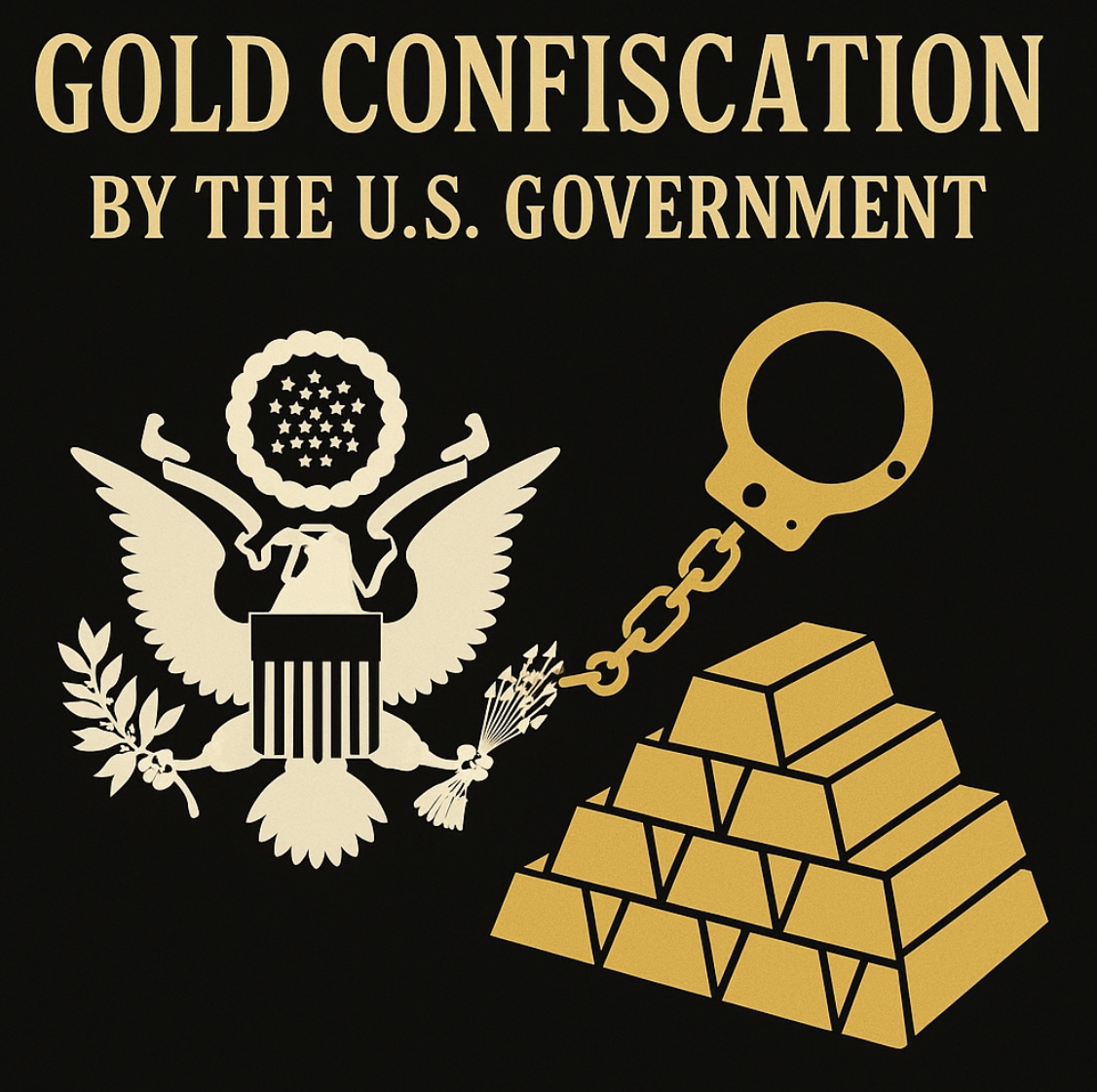Gold Confiscation in the United States: Could It Happen Again?
The possibility of gold confiscation by the U.S. government sparks ongoing debate among investors and economists. Historically rooted in the Great Depression era, the subject raises questions about whether such a measure could return in today’s financial climate. Understanding the arguments for and against it is essential for those who invest in gold for security, wealth preservation, or portfolio diversification.
The Case For Possible Confiscation
In 1933, President Franklin D. Roosevelt signed Executive Order 6102, which required American citizens to turn over their gold holdings to the federal government. The rationale was to combat deflation, stabilize the banking system, and restore public confidence in the dollar. The government later raised the official gold price, thereby increasing its reserves’ dollar value.
Supporters of the idea that confiscation could happen again argue that history could repeat itself during a severe financial or currency crisis. If the U.S. dollar were to face hyperinflation, a collapse in confidence, or a transition back to a gold-backed monetary system, policymakers might once again consider reclaiming gold to consolidate national reserves. Modern emergency powers granted by laws like the International Emergency Economic Powers Act (IEEPA) give the executive branch broad authority to control financial assets during crises.
The Case Against Confiscation
However, the circumstances of 1933 differ significantly from those today. Private gold ownership was far more common back then; gold coins were legal tender and widely circulated. Today, only a small fraction of the population holds physical gold, and the logistical and political challenges of enforcing another confiscation would be immense. Additionally, such a move would likely trigger public outcry, legal battles, and investor flight from U.S. markets.
Moreover, in an interconnected global economy, gold is easily stored or sold overseas. Investors can move holdings to jurisdictions with strong property rights, making mass confiscation difficult to enforce without draconian measures.
Conclusion
While gold confiscation remains legally possible under emergency powers, it is politically improbable in the current era. Still, for cautious investors, awareness of history and diversification strategies — including offshore storage and alternative assets — remains prudent. Whether viewed as a remote risk or an unlikely relic of the past, the discussion underscores gold’s enduring role in financial sovereignty.

